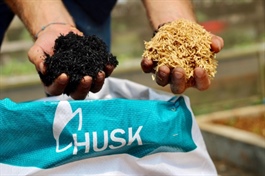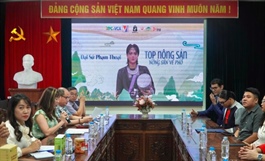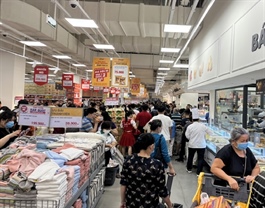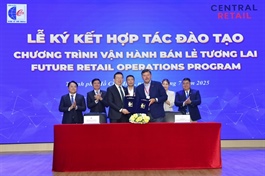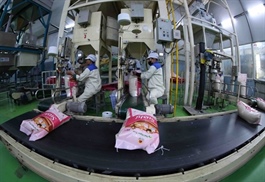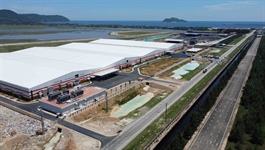Boosting supporting industries with new policies
Boosting supporting industries with new policies
The supporting industries sector had made significant progress recently, thanks to government policies and efforts from the business community, said Phạm Tuấn Anh, Director General of the Industrial Safety Techniques and Environment Agency, Ministry of Industry and Trade.
Although Việt Nam has actively opened its doors to welcome many manufacturing and processing industries, the supporting industries sector has yet to fully realise its potential.
This is due to challenges related to market conditions, technology, human resources, capital and more.
Recognising these internal weaknesses, the government has introduced several new policies aimed at giving the sector a much-needed boost.
The Government issued Decree No 205/2025/NĐ-CP on July 17 this year, amending and supplementing Decree No 111/2015/NĐ-CP on the development of supporting industries.
Effective from September 1 this year, the decree brings in more powerful support policies concerning technology, workforce, finance, land, and administrative procedures.
It is hoped that these measures will attract more investment into the supporting industries, especially as businesses are restructuring global supply chains and shifting towards domestic production.
The Hà Nội Mới (New Hà Nội) newspaper quoted Mạc Quốc Anh, Vice President and General Secretary of the Hanoi Association of Small and Medium Enterprises, as saying that businesses were presented with new opportunities as the government has expanded incentives regarding capital, technology, human resources, and markets.
This strategic move aimed to accelerate the growth of Việt Nam's supporting industries in the near future, he said.
A range of financial, technical, and market support mechanisms will be extended, while activities such as product research and development, technology transfer, and workforce quality improvement for supporting industries will also receive more focus, with support levels reaching up to 70 per cent.
According to Nguyễn Trung Kiên, General Director of KNTECH JSC, the preferential policies help businesses, particularly small and medium-sized enterprises (SMEs), access advanced technologies, improving product quality and enhancing competitiveness.
SMEs in the sector would benefit from various supports under the Law on Supporting Small and Medium Enterprises, including legal consultancy and simplified administrative procedures, he added.
Nguyễn Kiều Oanh, Deputy Director of Hanoi's Department of Industry and Trade, believed that increasing incentives for businesses was a necessary 'medicine' in the context of the domestic production sector's dependence on imported raw materials and the relatively small number of enterprises involved in the supply chains of foreign direct investment (FDI) sectors.
When implemented systematically and transparently, Decree No 205/2025/NĐ-CP will serve as a 'lever' to promote the development of the entire supporting industry ecosystem towards modernisation, efficiency and integration.
This is the key condition for Việt Nam to avoid dependence on imported components and raw materials, while also increasing its participation in regional production networks, taking advantage of the wave of international investment shifts.
Economists agreed that this was a strategic boost that would help businesses overcome investment cost barriers, access international markets, and build independent production capabilities.
The supporting industries sector had made significant progress recently, thanks to government policies and efforts from the business community, said Phạm Tuấn Anh, Director General of the Industrial Safety Techniques and Environment Agency, Ministry of Industry and Trade.
Currently, there are about 5,000 supporting industry enterprises nationwide. These businesses supply a wide range of products domestically and export them to countries such as South Korea, Japan, China and the US, including items like electrical cables, gearboxes, and plastic components.
Notably, approximately 100 companies serve as tier 1 suppliers to multinational corporations. Additionally, around 700 companies operate as tier 2 and tier 3 suppliers.
A prominent example includes around 50 companies that are tier 1 suppliers and 170 companies that are tier 2 suppliers to the Samsung Group.
This progress demonstrates the increasing integration of Việt Nam's supporting industries into global supply chains, marking a substantial milestone in the country’s industrial development.
- 08:10 31/07/2025







